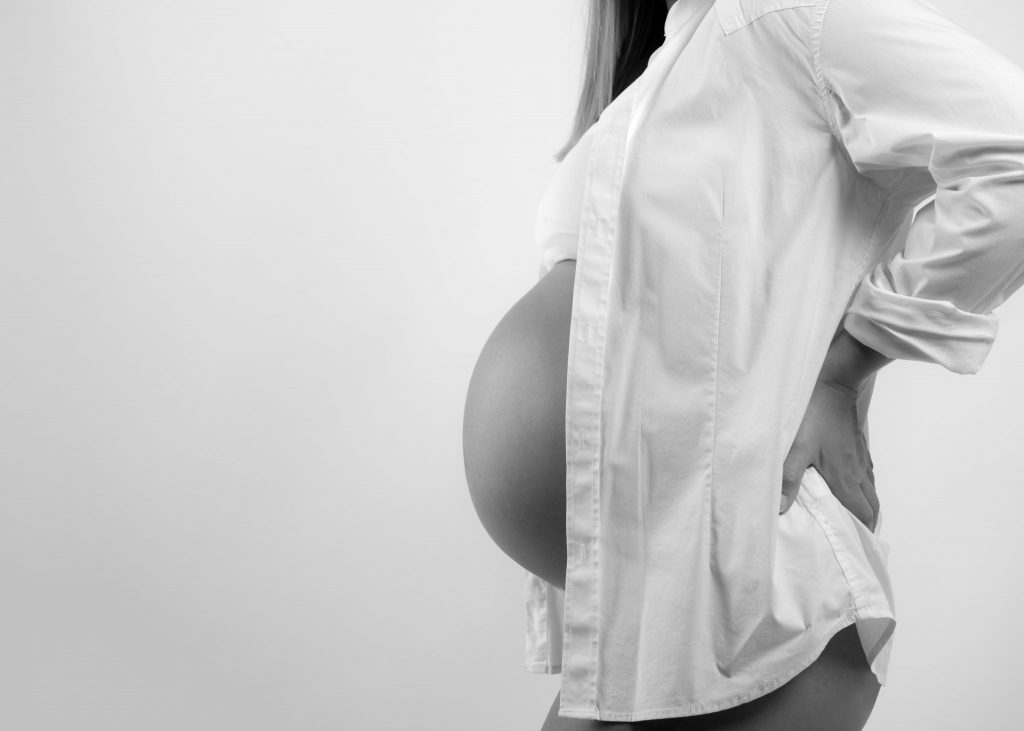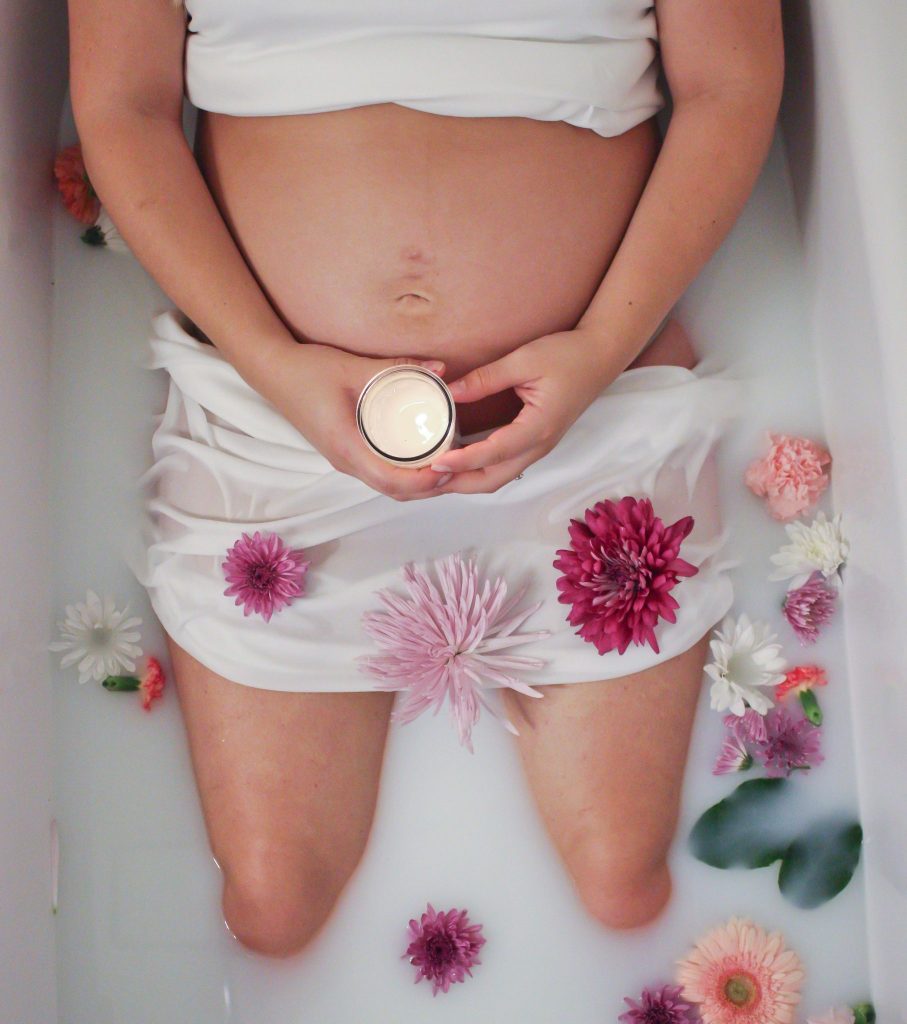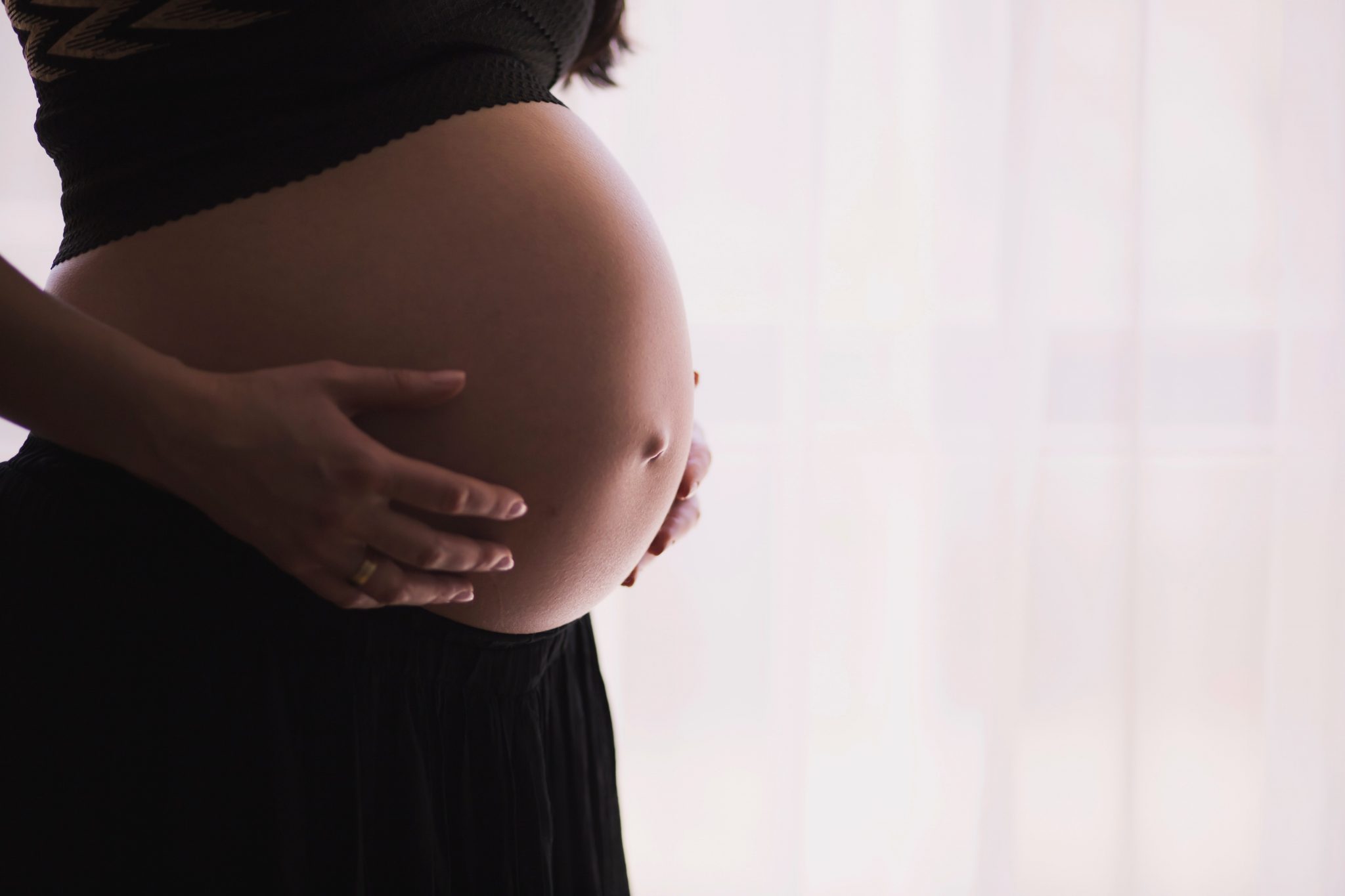25 November 2020
The Ultimate Guide to Prenatal Spa Treatments
For pregnant women, seeking out a suitable spa experience can be difficult. Since wellness’ inception, humanity has been aware that pregnant women need extra-special care and should avoid anything that could disrupt the perfect harmony found between mother and child.
Although certain types of spa treatments have been shown to provide many benefits for pregnant women – a sense of wellness, relaxation and better sleep to name a few – many modern-day spas lack the therapists, or the resoluteness, to risk anything that could upset a mother’s body. However, with old and new research affirming a direct link between a mother’s overall wellbeing and the health of their baby, more and more women are looking for safe and positive holistic experiences that can be enjoyed from the first trimester to the last.
In a study by Kings College London, it was found that maternal stress and anxiety before and during pregnancy can affect a baby’s brain development, and the US National Academy of Sciences suggests that mums-to-be who suffer physical or mental stress are more likely to experience premature birth and lead to altered early life behaviour. Although frightening for mothers, these types of statistics start an important discussion: How do pregnant women access the treatments they need to help reduce stress and improve wellbeing.

The Right Massage for Mothers
Studies show that the right types of massage during pregnancy can reduce anxiety, relieve muscle aches and improve newborn health. Not to be confused with perineal massage – the practice of manually stretching the birth canal to ease labour pains which must be conducted by a specialist – mothers-to-be can safely enjoy a range of prenatal massage treatments and spa offerings that are not only safe but beneficial to both mother and child.
Trained therapists are best informed and consulted about the state of pregnancy before any massage treatment takes place. This not only ensures both parties are safe and comfortable, but also it helps to reduce anxiety and not lead to any unwanted surprises.
Massages that are specifically designed to relax muscle tension and improve blood circulation are good go-to options for mothers-to-be. More intense massage treatments, such as Thai or deep-tissue, should be avoided as the stretches and pressures on the body can be disruptive. In addition, lying face-down for a massage is best avoided when pregnant, especially after the first trimester. Side-lying positions are the safest as even specialised cushion sets can still be problematic.
According to the American Pregnancy Association, therapists trained in Swedish prenatal massage are believed to offer the best treatments, as they can expertly tailor the massage to address the discomforts associated with skeletal and circulatory changes brought on by hormone shifts in pregnant women.
Other benefits of prenatal massage include:
- Regulation of hormone levels – Leading to better mood regulation (reducing stress) and fewer complications during birth.
- Reduced back and joint pain – An adjusted centre of gravity and increased hormones are the cause and massage can offer much-needed relief.
- Improved lymphatic circulation – Gentle massage is known to help remove tissue waste carried by the body’s lymphatic system.
- Reduced joint swelling (Edema) – Massage can help to reduce blood pressure caused by a heavy uterus that can cause a build-up of fluid in swollen joints.
- Reduces sciatic nerve pain – Addressing the inflamed nerves around the upper and lower legs caused by pressure from the uterus.
- Better sleep – The calming state felt post-massage can aid better sleep and reduce stress and anxiety, which is also associated with poor sleep.

Spa Treatments Made for Mothers
Inevitably, spa treatments will be harder to come by once the baby arrives. So, as long as prenatal mothers and the spas they visit are mindful of what’s safe and what isn’t, a spa break can be just what mum needs before the little ones arrive. However, it can be a minefield of information and misinformation for both spa owners and mothers as to what treatments are best and which treatments are best avoided.
Massages are often paired with other treatments like body scrubs and aromatherapy oils. Designed to stimulate the body, scrubs and oil massages help maintain a steady flow of oxygen throughout the body, and are, on the whole, safe for pregnant women. However, coarse salt- or sugar-based scrubs are not recommended for women with sensitive skin and certain essential oils, such as sage, tarragon, rosemary and mugwort should be avoided, as their detoxifying effect can raise the risk of miscarriage. Sage oil is traditionally used by midwives to induce labour, for example.
Heat based experiences, such as saunas, steam rooms, body wraps and hot tubs, are also not advised for pregnant women. Any increased body temperature not only leads to dehydration but also contributes to greater hormone fluctuation and discomfort in mothers and health problems in babies. Mothers who increase their core temperature to over 38.8 degrees centigrade for a prolonged period can cause brain and spinal cord damage in unborn babies.
Less intense treatments, such as facials, manicures and pedicures, are also safe. When it comes to the face – harsh chemical peels and microdermabrasion should be avoided, simply because the skin is often more sensitive during pregnancy and the treatment could cause more irritation than usual. Ingredients such as salicylic acid (or any other type of beta hydroxy acid) should be avoided too, as if ingested, it can be harmful to babies. When getting a manicure or pedicure, look for toxin-free alternatives just to be safe.
Additionally, be aware that most pedicures come with some type of foot massage. Even though the light, calming versions are usually risk-free, it is advised that women avoid all kinds of foot massages during pregnancy. Certain pressure points can trigger contractions and lead to early labour, although usually, extended pressure needs to be applied first. In our spas, we advise mothers-to-be to avoid all types of deep, reflexology foot massages as a precaution.
What mothers should look for (and spas should strive to offer):
- Hygienic spaces – Clean and free of grime, spas that are well maintained remove the risk of becoming ill, something that can easily happen to pregnant women.
- Trained therapists – Only use therapists who are certified in prenatal massage.
- Tailored experiences – To avoid dizziness and increased blood pressure during a massage, spas that do best are those that offer tailored experiences to pregnant guests.
- Suitable oils and lotions – Spas that cater to pregnant women should also have a selection of prenatal-friendly essential oils and lotions. Not all are considered safe.
For mothers-to-be, whatever you decide to do to improve your wellbeing during pregnancy or if in doubt, discuss your plans with your doctor first. A huge part of wellness is knowing how to treat you best, regardless of physical status. Seek medical clearance, especially if you’re suffering from morning sickness or if you have a high risk of miscarriage, placental abruption or preterm labour.
Spas should make as much effort to ensure pregnant women come forward. This not only keeps everyone safe but also provides peace of mind to guests who would otherwise be concerned about not being able to enjoy a spa experience if they share that they are pregnant. In 2020, when GOCO Spa Daios Cove re-opens for the summer, a new selection of treatments dedicated to pregnant women will provide just that.

